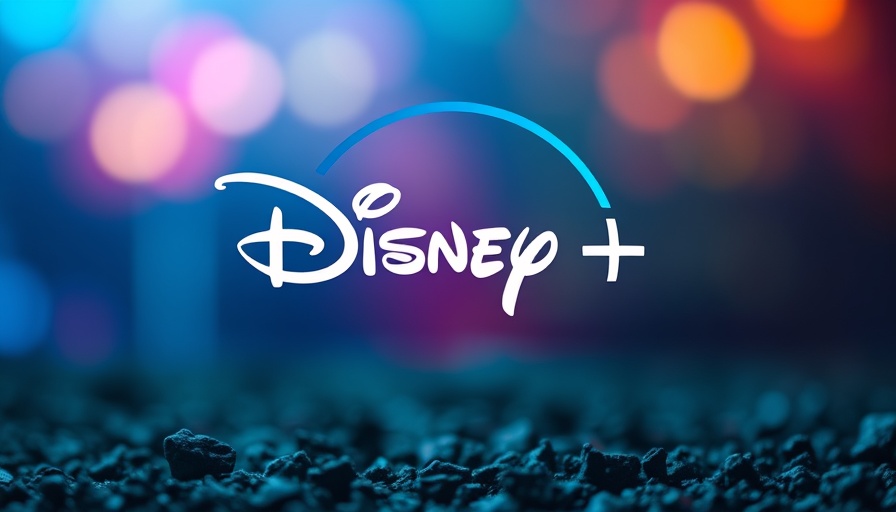
A New Era in IP Protection: The Disney vs. Midjourney Showdown
The recent lawsuit filed by Disney and Universal against Midjourney underscores a significant clash in the evolving landscape of intellectual property (IP) rights in the AI sector. At the crux of this legal battle is the accusation that Midjourney, an AI company specializing in image generation, has incessantly reproduced copyrighted material from these entertainment giants. This lawsuit doesn’t just expose tensions within the creative industries; it illuminates the uncertain terrain where technology meets copyright law, provoking urgent discussions about the future of content creation.
The Implications for Content Creation and Copyright
Disney and Universal’s claims that Midjourney operates as a 'bottomless pit of plagiarism' might resonate with many creators who fear losing their original works to AI's rapid reproduction capabilities. This lawsuit highlights a pivotal moment when longstanding copyright principles must adapt to digital realities. As companies increasingly rely on AI for content and design, the question arises: who owns the content produced by AI systems that learn from existing works? This case could redefine how businesses engage with emerging technologies and each other.
Exploring the Importance of Copyright in the AI Era
The conflict between traditional media companies and cutting-edge tech startups isn’t new, but the stakes have never been higher given the pervasiveness of AI. Midjourney, known for its ability to generate visually stunning images by synthesizing data from countless sources, represents both innovation and ethical dilemmas. This instance poses a significant question: is it ethically sound to use existing intellectual property without the creators' consent? The outcomes of this lawsuit could set critical precedents affecting not just these corporations but also the entire creative industry.
What This Means for Marketing Professionals
For marketing professionals, the implications of this lawsuit extend beyond legal perspectives. The dynamics between AI and IP can require businesses to rethink their strategies in content creation and marketing. As these technologies continue to evolve, marketing strategies may need to pivot more than ever to maintain ethical standards while capitalizing on AI’s capabilities.
The Future of AI in Creative Industries
This lawsuit may serve as a harbinger for more stringent regulations surrounding AI-generated content. If Disney and Universal win, it could embolden other creators to challenge AI companies that reuse copyrighted materials, potentially leading to more established guidelines on how AI can interact with creative content. On the other hand, should Midjourney prevail, it may promote a more lenient environment for AI and image generation, potentially revolutionizing industries reliant on visual content.
Conclusions for Business Leaders
As this landmark case unfolds, CEOs and marketing managers need to stay informed. The outcomes of this case may dictate new operational methods, particularly if IP protections become stricter. Understanding the legal landscape of AI will be crucial for businesses looking to harness this technology responsibly and retain their competitive edge without sacrificing ethical standards.
As the AI fight between Disney and Midjourney develops, engaging with the ethics of technology and innovation will be imperative. Staying proactive in these discussions not only helps navigate existing complexities but also prepares businesses to adapt to a rapidly changing environment.
 Add Row
Add Row  Add
Add 




Write A Comment